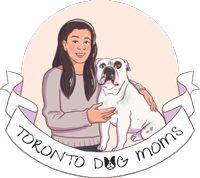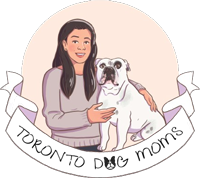

Winter Dog Care: How to Keep Your Dog Happy and Healthy in the Cold Season

Winter is a magical season, but it can also bring unique challenges for your furry friend. As temperatures drop and snow begins to fall, taking extra steps to ensure your dog stays comfortable, safe, and healthy is vital. From protecting their paws to keeping them warm during outdoor adventures, here’s your complete guide to mastering winter dog care.
1. Bundle Up for the Cold 🧥🐶
Not all dogs are built for chilly weather. Short-haired breeds, smaller dogs, and senior pups may need an extra layer of warmth.
- Invest in a quality dog coat or sweater that fits snugly without restricting movement.
- Waterproof options are ideal for snowy or rainy days.
- Choose gear that’s easy to put on and remove for stress-free outings.
2. Dress for the Weather
Winter surfaces can be harsh on your dog’s paws. Ice, snow, and road salt can cause cracking or irritation.
- Use dog booties to shield their paws from the elements. We love Pawz Booties for their ease of use, salt protection, and multi-pair packaging (great for when you inevitably lose a bootie during walks!).
- If your pup isn’t a fan of booties, apply a protective paw balm before and after walks to keep their pads moisturized and safe.
- Always rinse your dog’s paws after walks to remove any harmful de-icing chemicals
3. Stay Visible on Darker Days 🌟🐕
With shorter daylight hours, visibility becomes a safety priority during winter walks.
- Equip your dog with a reflective collar or leash for better visibility.
- Add a clip-on LED light to their gear for extra brightness in low-light conditions.
4. Create a Cozy Home Environment 🛏️🔥
Your dog needs a warm, safe space to relax indoors during the winter.
- Provide a soft, insulated bed away from drafts or cold floors.
- Use blankets or heated pads for extra warmth, especially for older dogs or those with arthritis.
- Keep their water bowl full and unfrozen by using a heated water dish if necessary.
5. Monitor Their Diet
Some dogs burn more calories in winter and may need extra food, while others are less active and may need less. Talk to your vet about adjusting their diet.
6. Prepare yourself for Emergencies
Watch for signs of frostbite (pale or cold ears, tail, or paws) or hypothermia (shivering, lethargy). Limit time outside on very cold days and always supervise.
7. Hydration is Key
Dogs can get dehydrated in winter, too. Ensure their water bowl doesn’t freeze and encourage regular drinking.

Winter doesn’t have to be a bummer for your pup. With the right care, your dog can enjoy the cold season safely!






